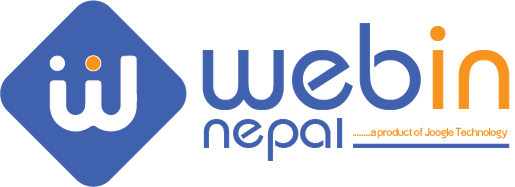Introduction
SEO stands for Search Engine Optimization. It`s the process of optimizing your website and content to make it more visible in search engines like Google, Bing, or Yahoo.

Content marketing and SEO are not separate strategies—they’re interdependent. When your SEO strategy fuels your content creation and your content strategy supports SEO goals, the result is sustainable, scalable growth. Businesses that master this pairing position themselves to win in search and in the minds of their audience.
When someone types a query into Google, it uses complex algorithms to decide which pages are the most relevant and helpful. SEO helps you create content and structure your website in a way that gives you the best chance to appear at the top of those results.
Key Elements of SEO
Keyword Research
Keywords are the words or phrases people type into Google. For example, if someone searches for “best coffee shop in Chicago,” those words are keywords.
On-Page SEO
This is about optimizing individual pages on your site.
Key Elements
- Title Tag
- Meta Description
- Headers
- Internal Linking
- Image Optimization
- Mobile-Friendly Design
Content Quality
Tips
- Write for humans first, then optimize for search engines
- Include your keyword naturally throughout the content
- Aim for E-E-A-T: Experience, Expertise, Authoritativeness, and Trustworthiness
- Regularly update outdated content to keep it fresh
Technical SEO
Behind-the-scenes elements that affect your site`s performance.
Key things to check:
- Site speed
- Mobile usability
- SSL certificate (HTTPS): Secure websites are favored by Google
- XML sitemap
- Robots.txt file
Backlinks (Off-Page SEO)
Backlinks are links from other websites pointing to yours. Google sees them as votes of confidence.
Ways to get backlinks:
- Create high-quality content people want to reference
- Write guest posts for other blogs
- Reach out to industry influencers
- Get listed in directors or resources pages
Quick SEO Checklist for Beginners
- Find a primary keyword for each page
- Use the keyword in your title, URL, and headings
- Write helpful and engaging content
- Optimize images and links
- Make your site mobile-friendly and fast
- Get backlinks from reputable sources
Conclusion
SEO can feel overwhelming at first, but once you understand the basics and start applying them, it becomes a powerful tool for growth. Start small, pick one page or post, do some keyword research, optimize it, and track the results. Over time these small steps will add up.
